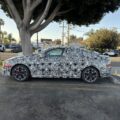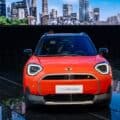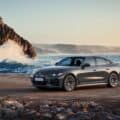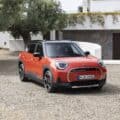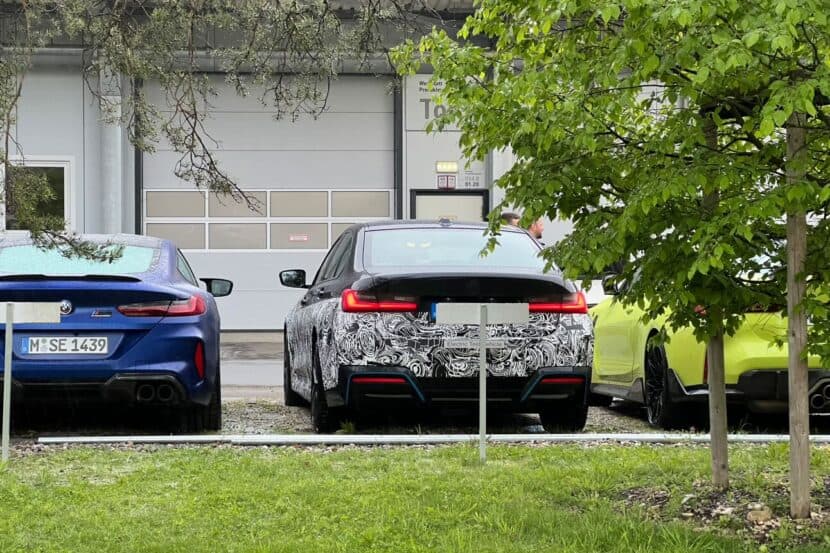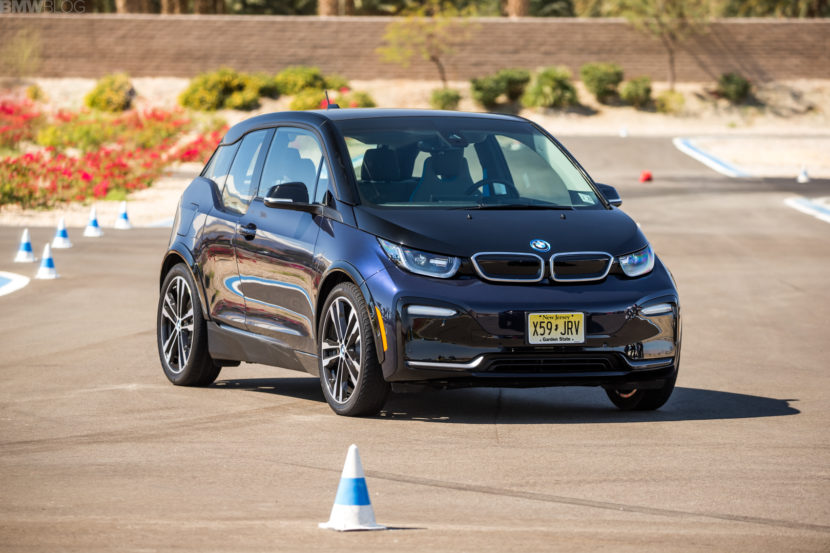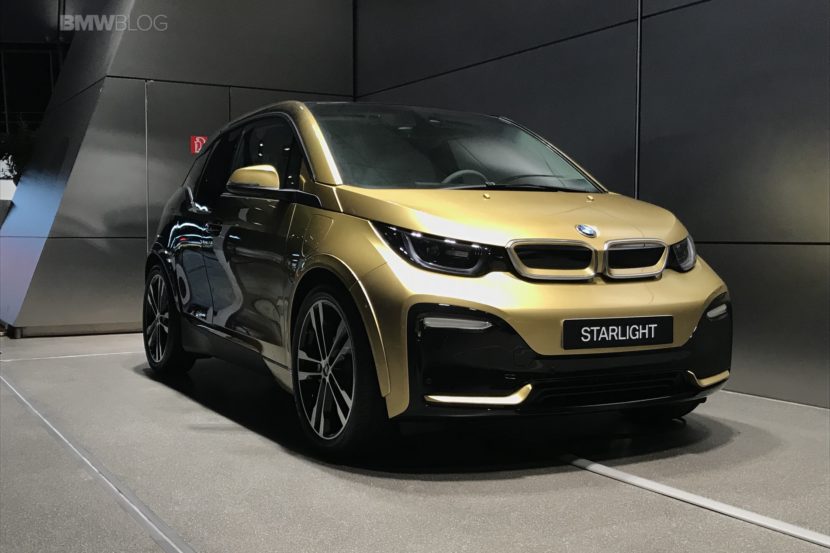Latest reports say that BMW electric owners will get to enjoy a new, rapid charging solution for their upcoming i3 models.
According to Headlineauto.co.uk quoting Weiland Bruch, Corporate Communications Manager for BMW i vehicles, hints at a BMW announcement in the next few weeks around the DC rapid charging solution.
BMW i3 is already able to use public DC rapid charging stations for a recharge time of just 30 minutes to 80 per cent battery capacity using the optional DC rapid-charge function, so it remains unclear if BMW will unveil a new technology or offering standard the DC Quick Charge.
Tom Moloughney at bmwi3blogspot talks about the DC Quick Charge versus the need of a larger battery:
Bigger battery vs DC quick charge
The i3’s 22kWh battery will allow for 80-100 miles or range in every day driving conditions, and up to 125 miles if the more efficient ECO-Pro+ driving mode is selected (Says BMW). So if range is so important, why not just slap a 40kWh battery in there and call it a day? The i3 would get about 200 miles of range and you wouldn’t need quick charge, right? Wrong. Tesla uses enormous battery packs and they still realize they need a DC quick charge network to really make their electric cars viable to the broad public. Even with 200 to 300 mile range their customers want to be able to quickly recharge so they can drive long distances.
The truth is, no matter how big your battery is and how far you can drive on a single charge, people will always want more range and quick charging. This is way BMW is offering the range extender on the i3. They know that it’s going to take years for a comprehensive DC quick charge network to be built out, so until we have a robust infrastructure in place, the range extender will be a very popular option and will allow the owner to drive as far as they need on the few occasions they need to travel long distances. For daily use they won’t use any gas, as the ~100 mile range should be more than enough for the vast majority of the time, yet they still have the flexibility of being able to cover hundreds of miles should the need arise. I believe the range extender becomes obsolete once we have adequate quick charge infrastructure in place. In fact, large Tesla-sized batteries won’t be necessary either. Why carry the additional weight around and pay for a huge battery pack when you can use one half the size and just charge it quickly when the occasional need arises?
The main reason EVs cost more than conventional powered vehicles is the cost of the battery pack. A smaller pack combined with readily available quick charge is clearly the way to go, however getting the infrastructure in place is the 800 lb gorilla in the room. It’s not just going to happen without the support of the manufacturers. Tesla and Nissan seem to be doing their part, will BMW and the others that have signed up to use the SAE CCS standard do their part? Only time will tell.
Here is his full post on this topic.
Stay tuned for an announcement around the NYC Auto Show.




